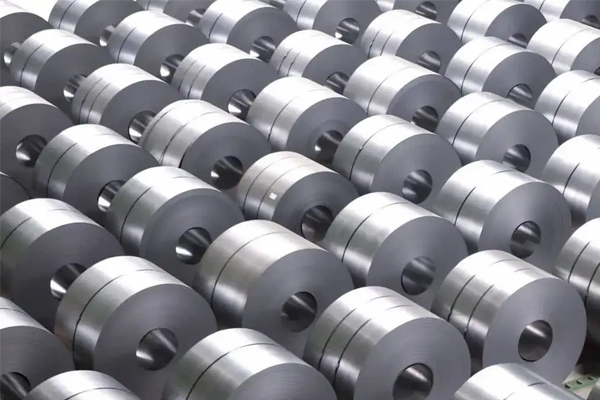Surface heat treatment of steel
⑴ Surface quenching:
Is the surface of the steel through rapid heating to the critical temperature above, but the heat has not had time to spread to the core before the rapid cooling, so that the surface layer can be quenched in martensitic tissue, and the core has not undergone phase transformation, which realizes the surface hardening and the core unchanged. Suitable for medium carbon steel.

⑵ Chemical heat treatment:
Refers to the chemical element atoms, with the ability of atomic diffusion at high temperature, it into the surface layer of the workpiece, to change the chemical composition and structure of the surface layer of the workpiece, so as to achieve the surface layer of steel with specific requirements of the organization and performance of a heat treatment process. According to the kinds of infiltration elements, chemical heat treatment can be divided into carburizing, nitriding, cyanidation and metal infiltration law.
Carburizing: Carburizing is the process by which carbon atoms penetrate the surface layer of steel. Is also to make the low carbon steel workpiece with high carbon steel surface layer, and then after quenching and low temperature tempering, so that the surface layer of the workpiece has high hardness and wear resistance, and the middle part of the workpiece still maintain the toughness and plasticity of low carbon steel.
Nitriding, or nitriding, is the process by which the surface layer of steel penetrates nitrogen atoms. The purpose is to improve the hardness and wear resistance of the surface layer and improve the fatigue strength and corrosion resistance. At present, gas nitriding method is used in production.
Cyanidation, also known as carbonitriding, is the simultaneous infiltration of carbon and nitrogen atoms into steel. It makes the surface of steel carburizing and nitriding characteristics.
Metal penetration: refers to the penetration of metal atoms into the surface layer of steel. It is to make the surface layer of steel alloying, in order to make the workpiece surface has some alloy steel, special steel characteristics, such as heat resistance, wear resistance, oxidation resistance, corrosion resistance, etc.. Commonly used in the production of aluminizing, chromizing, boronizing, silicon and so on.